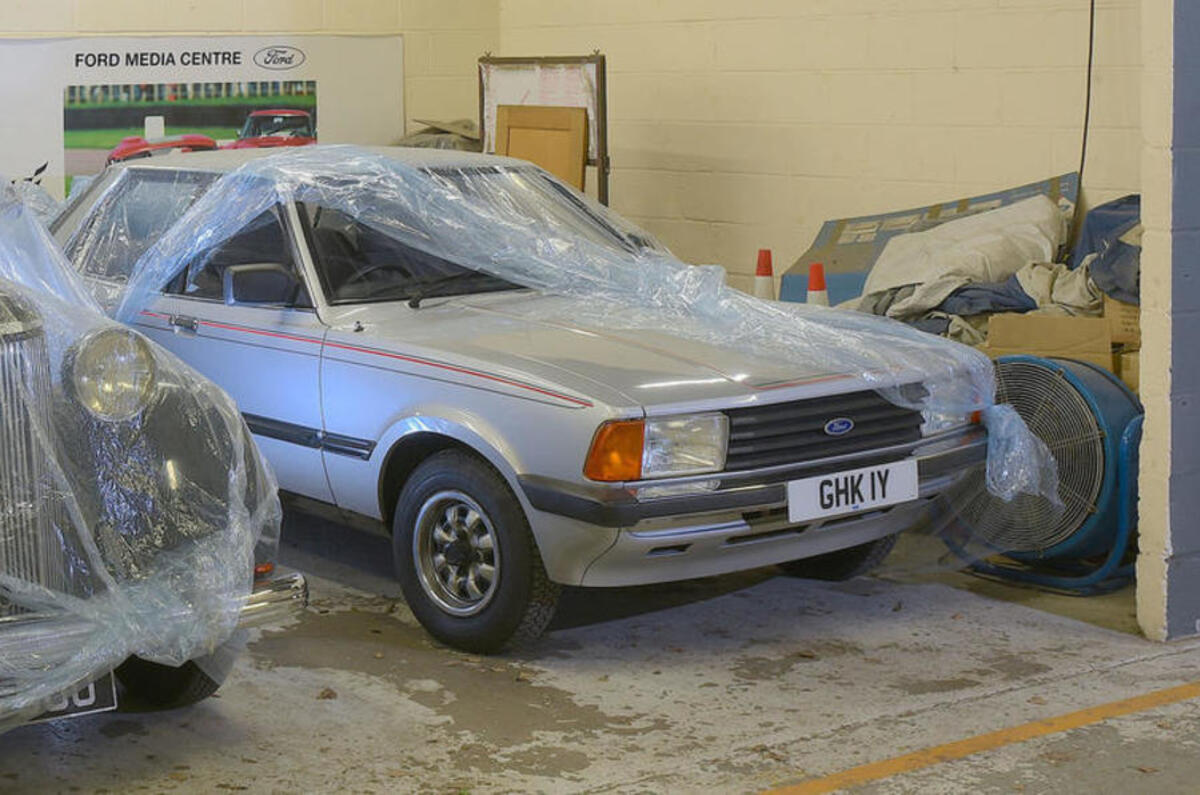You don’t always need to keep your car road-ready, but if you’re not using your car for an extended period, you’ll need to know how to SORN (Statutory Off Road Notification) your car.
Many drivers SORN their cars if they’re temporarily redundant, perhaps due to working from home, or because repair work is needed that may take months to complete.
If your car is not going to be driven for two weeks or more, then you can apply for SORN, saving you money on tax and insurance, but keeping your car legal. Obtaining a SORN for your car is also free and takes just a few minutes to process if you’re online.
So: how do you SORN your car? Follow our in-depth guide below for all you need to know.
How to declare your car as SORN
There are three ways to SORN your car.
The first is online, by going directly to the DVLA website. You will need your car’s make, model and registration.
Unless you want to pay a third-party company to carry out this simple process on your behalf, make sure you go directly to the above link. Googling ‘SORN my car' may introduce you to companies that charge for the service.
You can also SORN by post. You’ll need to either go to the DVLA’s website and download form V890 or collect one from a post office. Once completed, this needs to be sent to: DVLA, Swansea, SA99 1AR.
And there's always the phone. Have your car’s details and one of the reference numbers above to hand, and call the DVLA directly on 0300 123 4321.
If applying by post or over the phone, the DVLA should issue an acknowledgement letter within four weeks. If you do not receive one, make sure to call them. Don’t assume that your car’s SORN is in place.
Why do I need to apply for SORN?
All cars need to be taxed (officially known as VED, or Vehicle Excise Duty) and insured if they’re parked or driven on the public road.
However, if the car is not being used for an extended period of time, and it can be stored in a garage or on private land, then it does not need VED or insurance (although we would still recommend maintaining basic fire and theft cover, even when it’s off the road). While the DVLA permits this, it is also a legal requirement that owners obtain a SORN.
What happens if I take my car off the road but don't apply for a SORN?
If you let your VED expire and do not apply for a SORN, even if you’ve stopped using your car and are storing it on private land, the DVLA will issue an initial warning letter, closely followed by a fixed penalty fine of £80 (reduced to £40 if paid within 28 days) by post.









Join the debate
Add your comment
Thanks for the detailed guide on SORN! I actually just had to put one of my cars off the road while doing some repairs, and it really saved me money on tax and insurance. For anyone who might need roadside recovery while the car is off the road or even when getting it back on the road, I’ve found services like Near Me Recovery really handy—they respond fast and make the whole process less stressful.
Worth adding that it is currently impossibly to correctly SORN a vehicle that was untaxed when SORN was introduced and hasn't been taxed since then. The SORN process goes through the motions when you try, but when you check a few days later the vehicle shows as untaxed.Response from the DVLA on the subject, "on the 31 January 1998 the law changed. Keepers are now required to notify us if their vehicles are to be kept off the public road untaxed.The scheme only applies to vehicles where the vehicle tax expired on or after 31 January 1998. As your vehicles were untaxed on this date, it does not fall into the Statutory Off Road Notification (SORN) scheme. It will only become liable to SORN if it is re-taxed and then subsequently taken off the road."